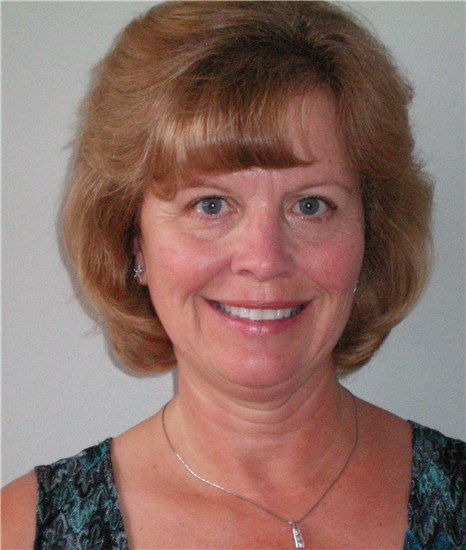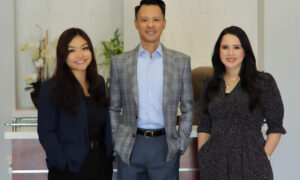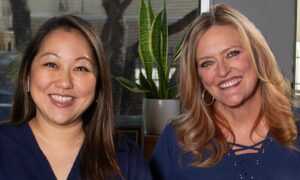By Diane Palombi, OD
I couldn’t have foreseen it at the time, but many of my jobs as a young person prepared me for running an optometric practice. My stint as a fast food worker at Hardees and McDonald’s taught me to be pleasant and considerate to the customer even after I had been standing on my feet for eight hours straight. There were also the “Golden Rules.” What fast food employee doesn’t remember the sayings: “If you have time to lean, you have time to clean,” and “If you have time to gripe, you have time to wipe”?You can’t say your employers in these after-school jobs didn’t instill good work ethics.
My next pre-professional job stint was in banking, as a teller and proof operator. I learned basic accounting, which helped me ably manage the financial aspects of my practice. I had no problems balancing journals and daily log sheets. Credits and debits were no mystery to me.
Good thing I mastered accounting as my last optician was so bad at it that I ended up taking over the balancing of the day sheet. I figured it would just be quicker if I did it myself. As a former bank teller and proof operator, I knew everything had to balance to the penny. As you’ve no doubt noticed, we use accounting a lot in optometry. You need to balance your business bank statements, check invoices against your vendor’s monthly statements and understand your income taxes and financial statements.
In optometry school I did a work/study program. During my senior year we revamped our filing and records system in the optometry clinic, an experience that gave me guidance in organizing my practice’s records and files. Then after graduation from optometry school, I was in licensing limbo–the time after getting your diploma but before receiving your professional license to practice optometry. It just so happened that the main receptionist in charge of running the optometry school clinic needed to go on maternity leave. I was asked to fill in for her. Thus, I learned to run an optometric clinic reception area. This experience gave me hands-on information that came in handy when I trained my practice’s reception area staff.
That information about how to effectively run a front desk proved invaluable to my practice as the front desk is the first impression patients have of a doctor’s office.I learned from first-hand experience that people like to hear a knowledgeable, friendly voice when they make an appointment, and that you can scare off a patient by being curt.You want to be friendly and personable.
Before becoming an OD, I also worked in customer service at Sears—a job that taught me the correct way to treat customers. These people called me with their problems. I had to learn how to solve their issues in a friendly, professional manner–another important skill for an optometrist.
What after-school and other pre-professional jobs did you have before practicing optometry? What lessons from these jobs can you apply to your role as OD and practice owner?
Diane Palombi, OD, is the now-retired former owner of Palombi Vision Center in Wentzville, Mo. To contact her: dlpod1@hotmail.com



























